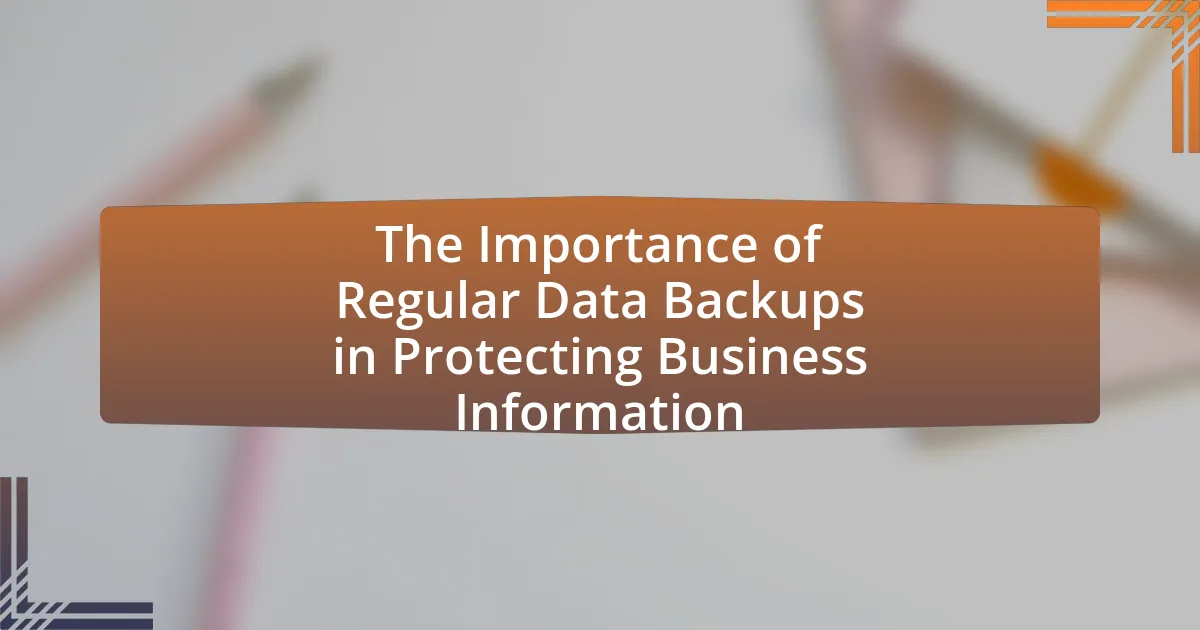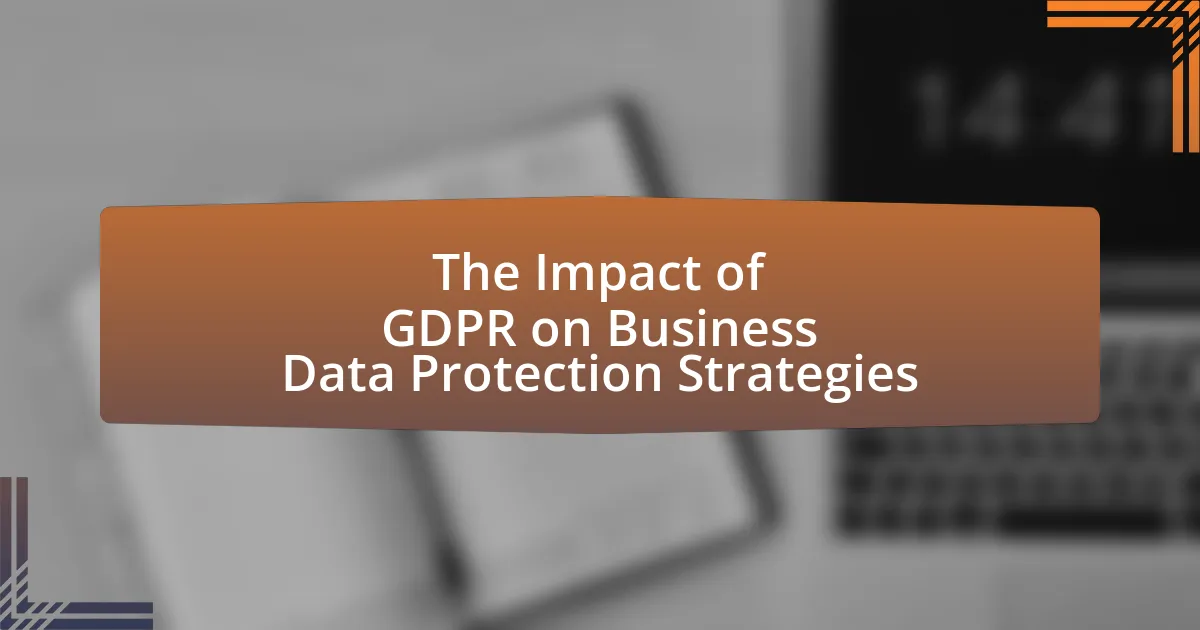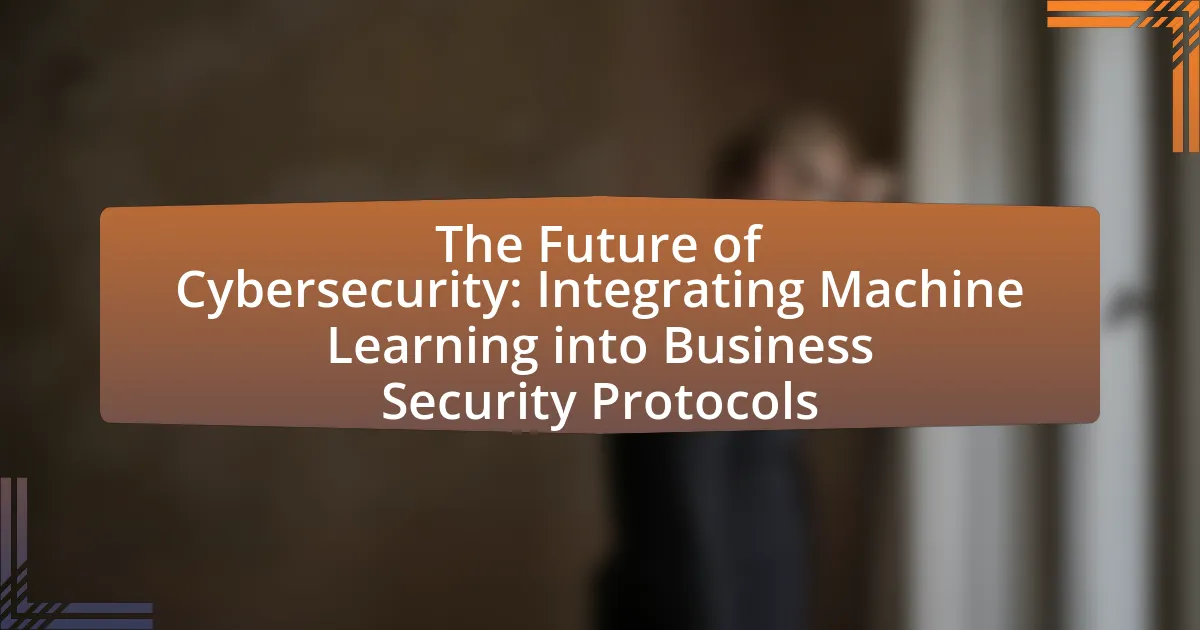Regular data backups are essential for protecting business information, ensuring data recovery from cyberattacks, hardware failures, or natural disasters. The article highlights the significant risks businesses face without a reliable…
Leveraging AI and Machine Learning for Proactive Data Security
Leveraging AI and Machine Learning for proactive data security involves the use of advanced algorithms to identify, predict, and mitigate potential security threats before they occur. The article outlines how…
The Role of Employee Training in Data Protection Strategies
Employee training is a crucial component of data protection strategies, as it equips staff with the necessary knowledge and skills to recognize, prevent, and respond to data breaches. Effective training…
The Impact of GDPR on Business Data Protection Strategies
The General Data Protection Regulation (GDPR) is a pivotal data protection law enacted by the European Union in May 2018, aimed at enhancing individual control over personal data and standardizing…
How to Conduct a Risk Assessment for Business Data Security
A Risk Assessment for Business Data Security is a systematic process aimed at identifying, evaluating, and prioritizing risks to an organization’s data assets. This article outlines the importance of conducting…
Implementing Zero Trust Architecture for Enhanced Business Data Security
Zero Trust Architecture (ZTA) is a security model that mandates strict identity verification for all users and devices accessing network resources, emphasizing the principle of “never trust, always verify.” This…
Evaluating Cloud Storage Solutions for Data Protection
Cloud storage solutions for data protection are essential services that enable users to store, manage, and secure data remotely, featuring capabilities such as encryption, redundancy, and automated backups. This article…
The Impact of Quantum Computing on Cybersecurity Strategies for Companies
The article examines the significant impact of quantum computing on cybersecurity strategies for companies, highlighting the threats posed to traditional encryption methods such as RSA and ECC. It discusses how…
Creating a Data Protection Policy: Key Components and Considerations
A Data Protection Policy is a formal document that outlines how organizations collect, use, store, and protect personal data, ensuring compliance with regulations such as the General Data Protection Regulation…
The Future of Cybersecurity: Integrating Machine Learning into Business Security Protocols
The article focuses on the integration of machine learning into cybersecurity practices, highlighting its potential to enhance threat detection and response capabilities. It discusses how machine learning algorithms analyze large…









